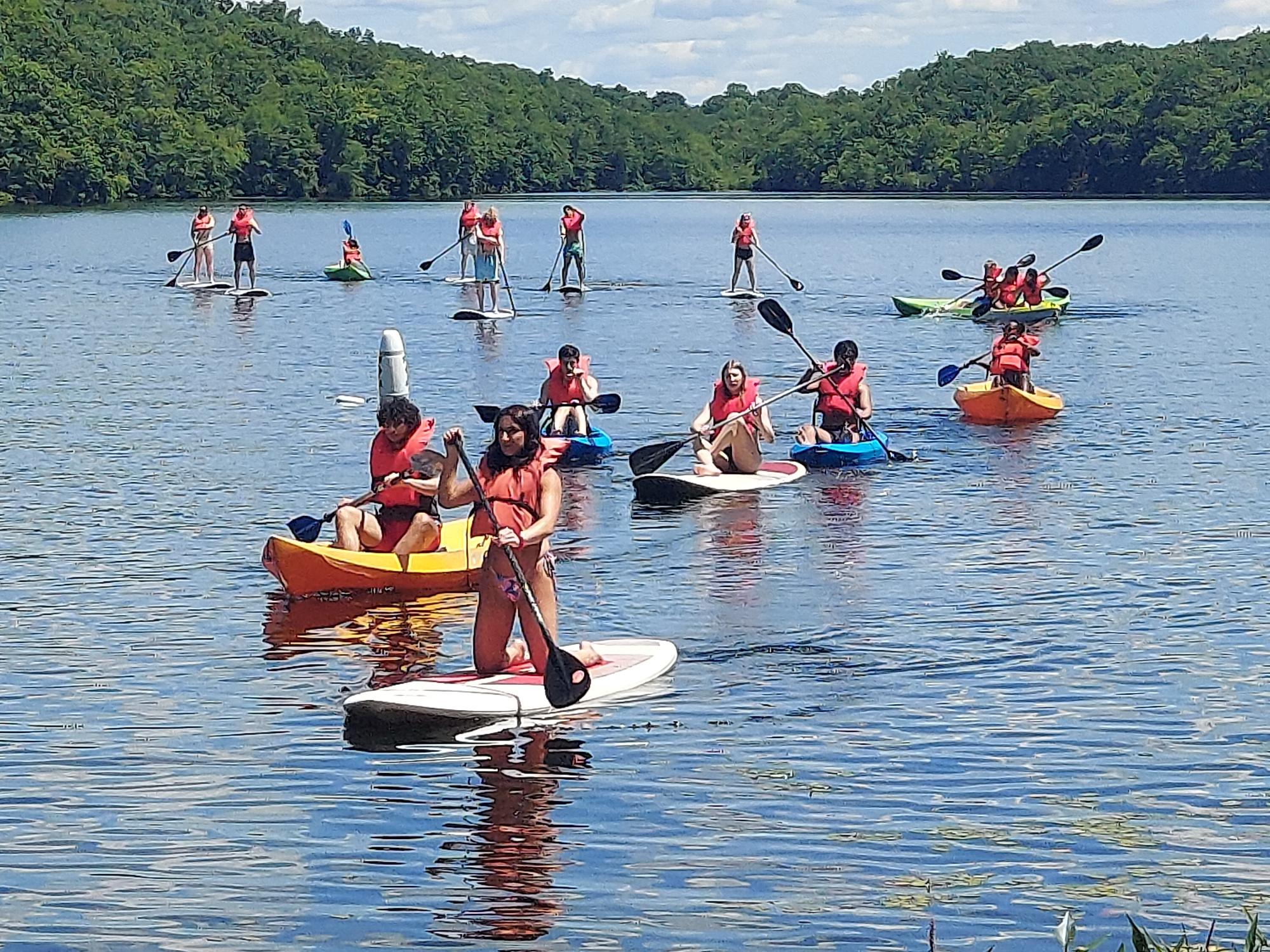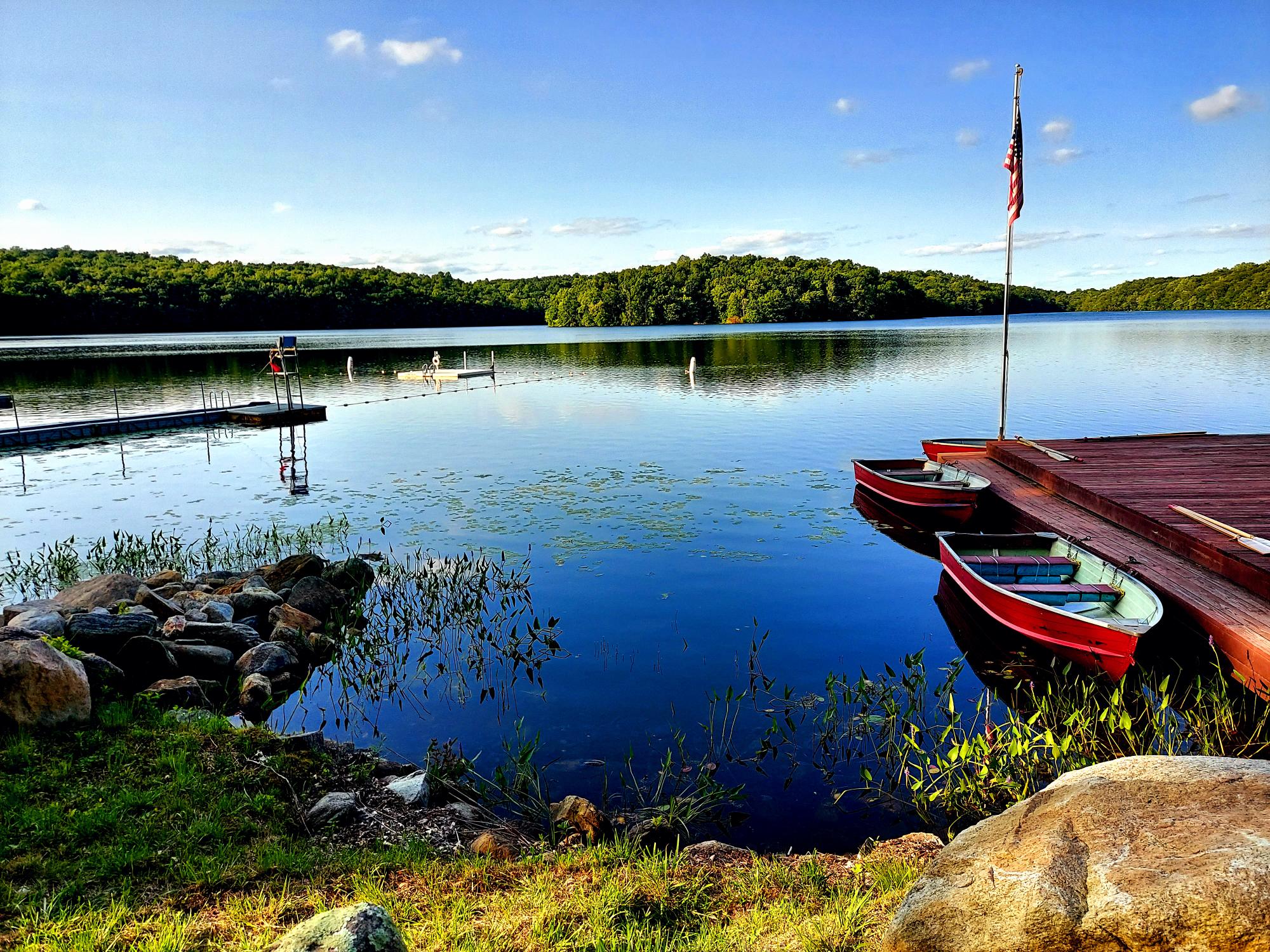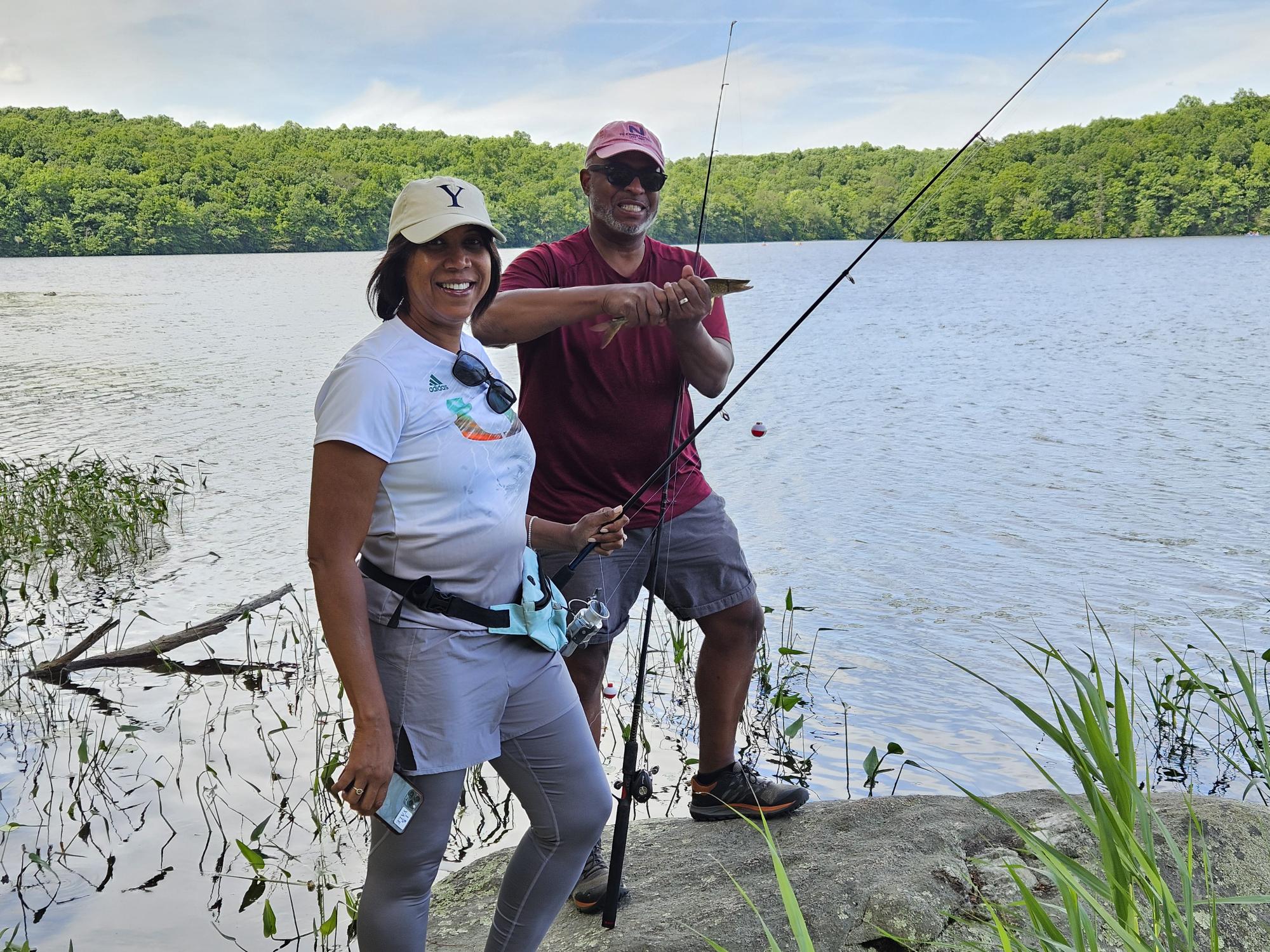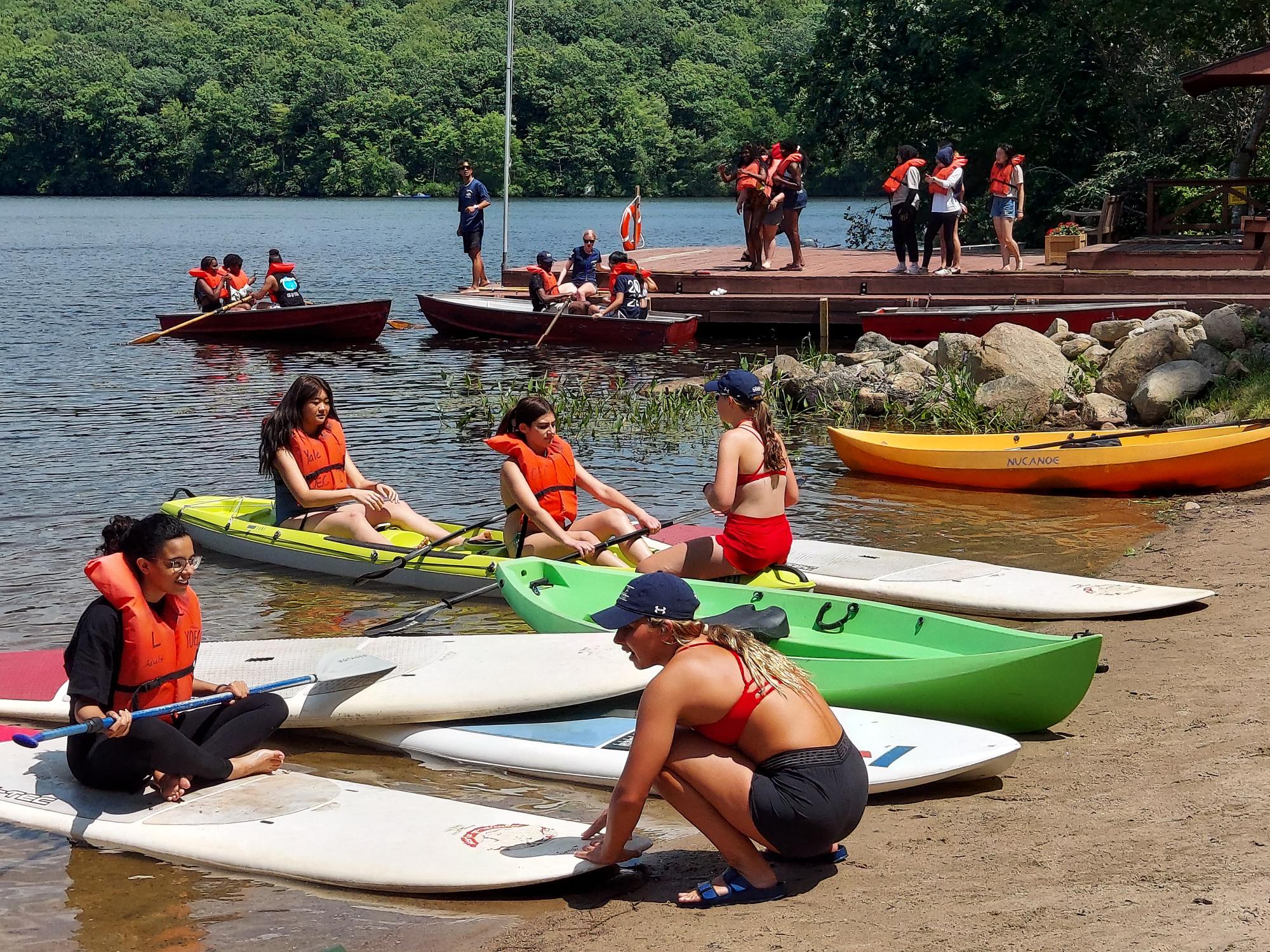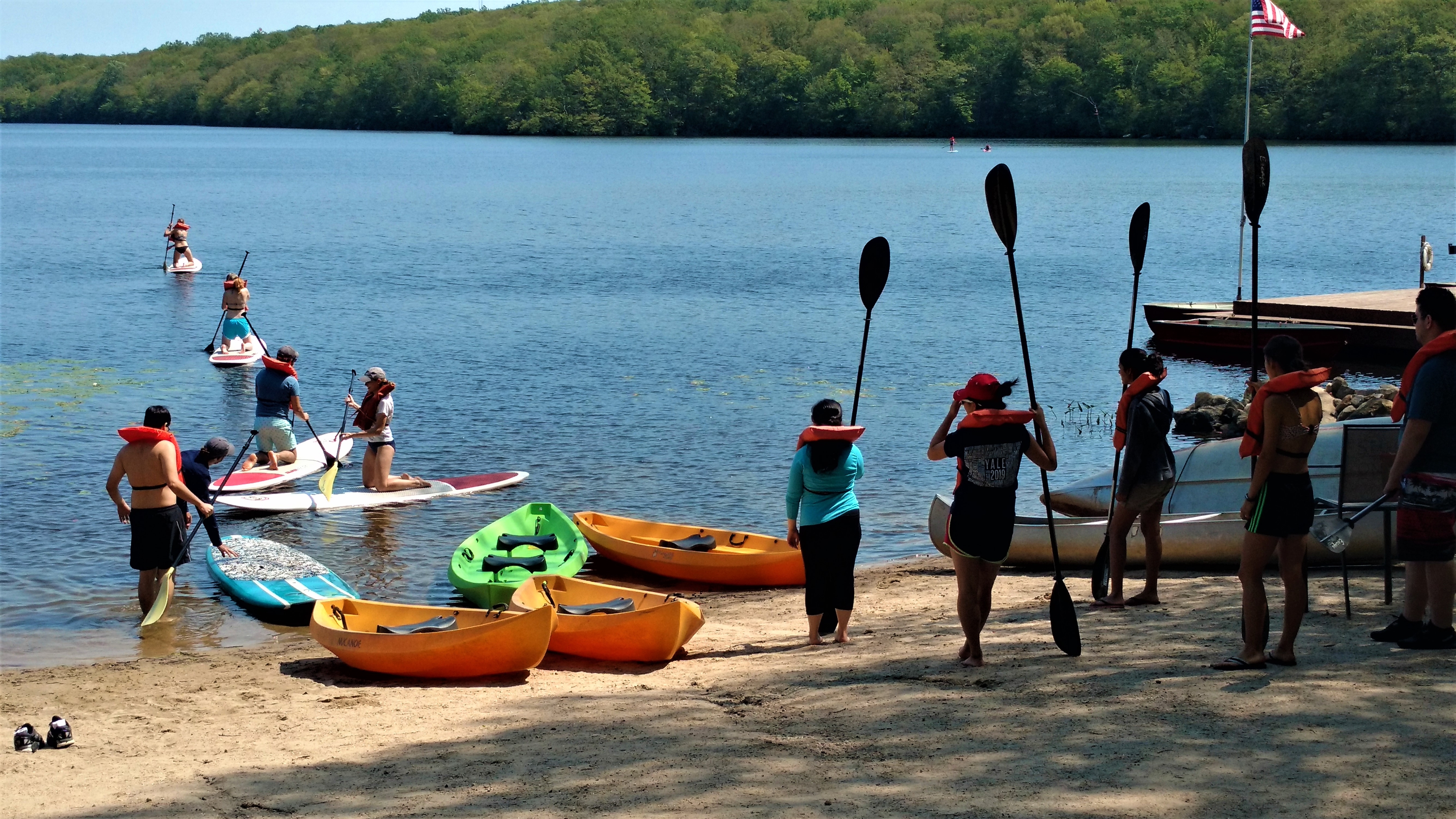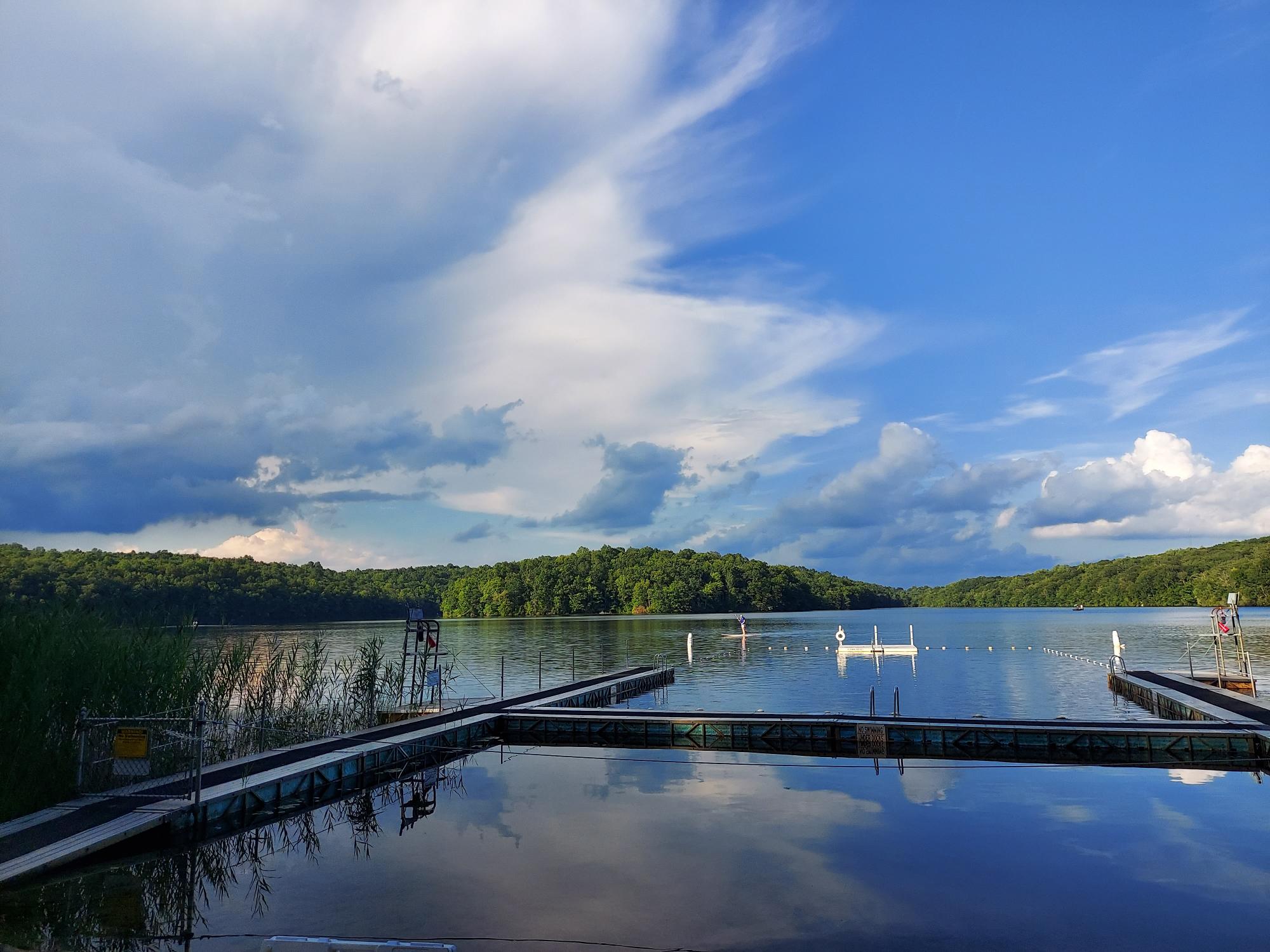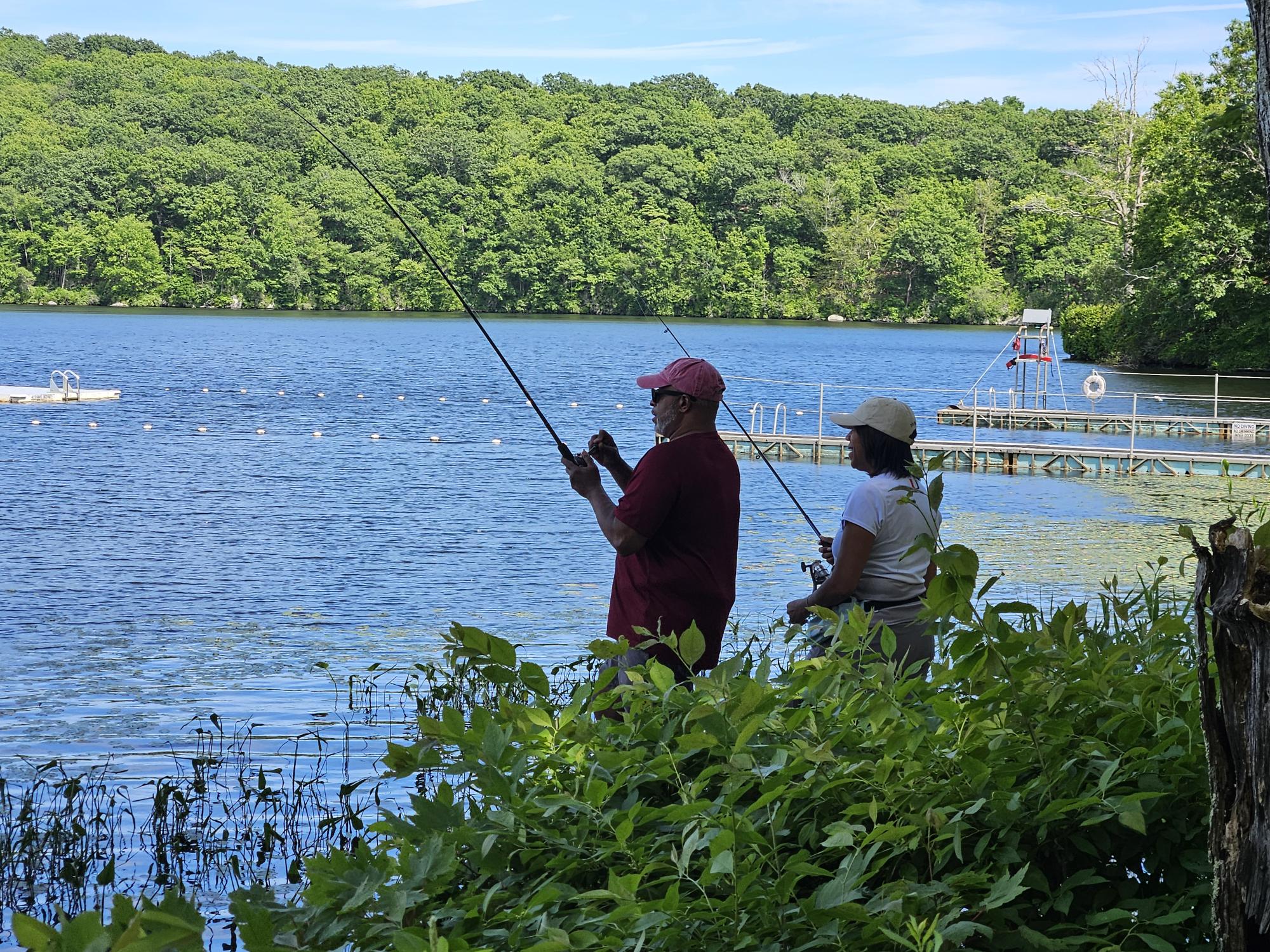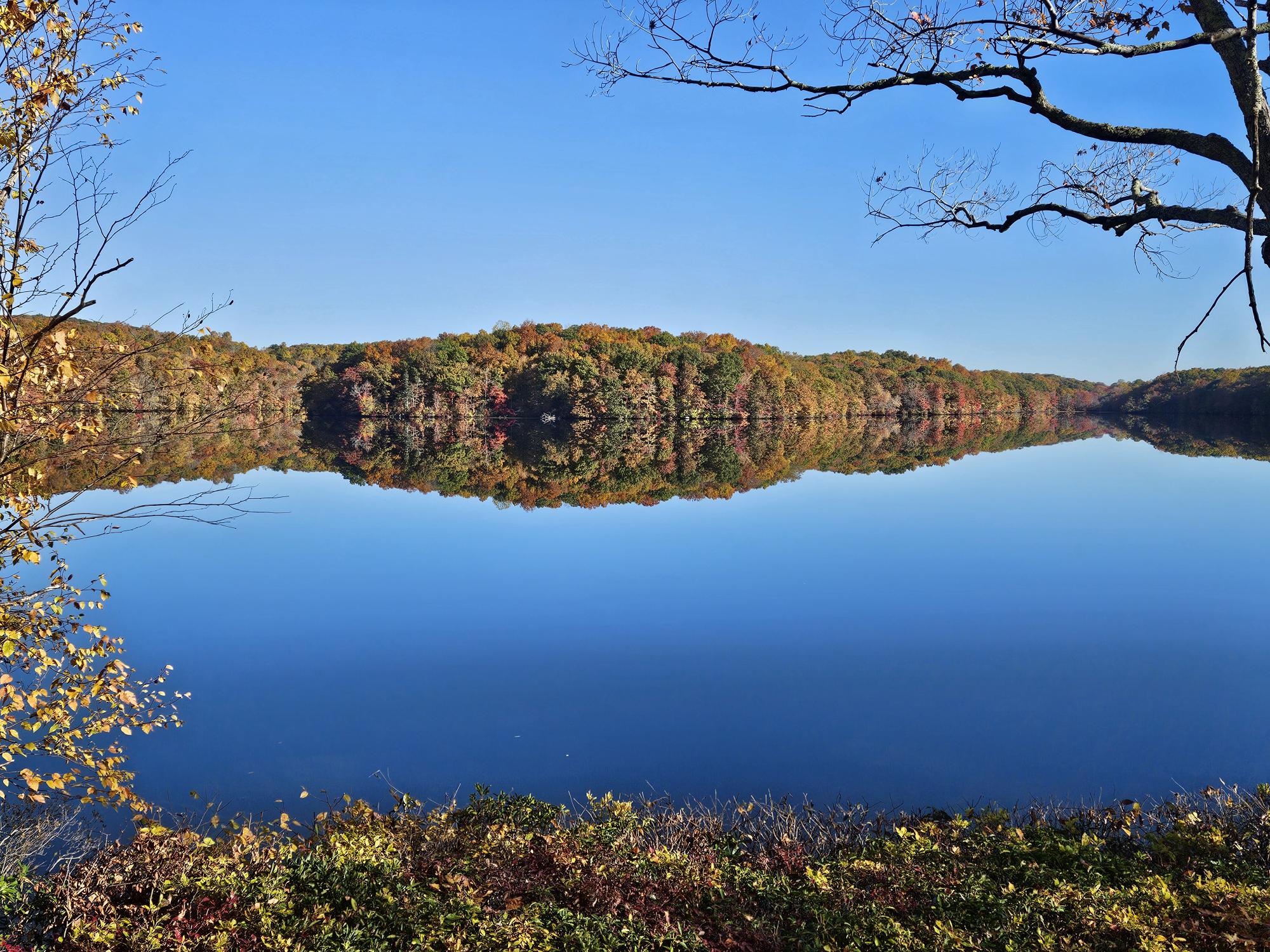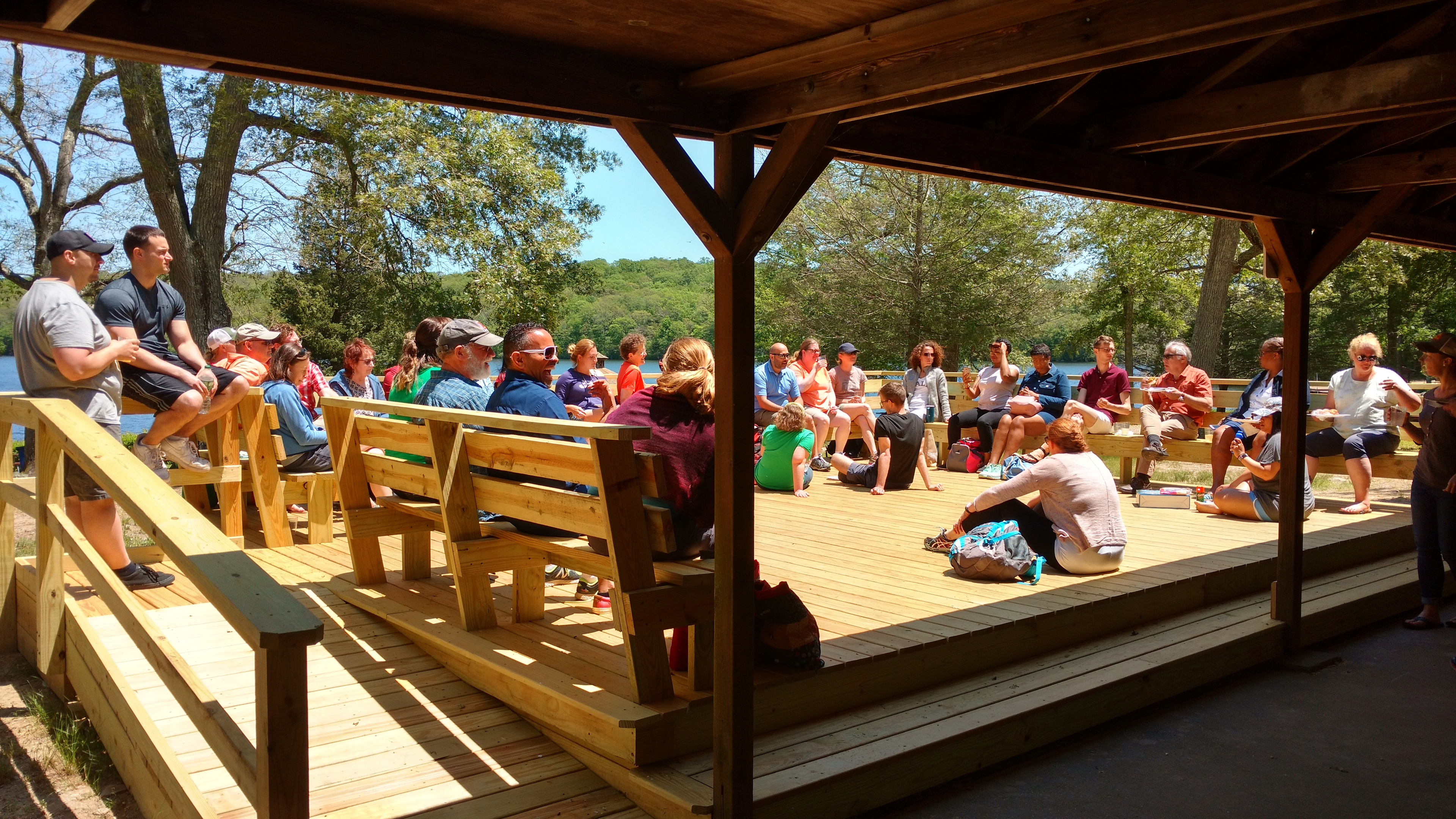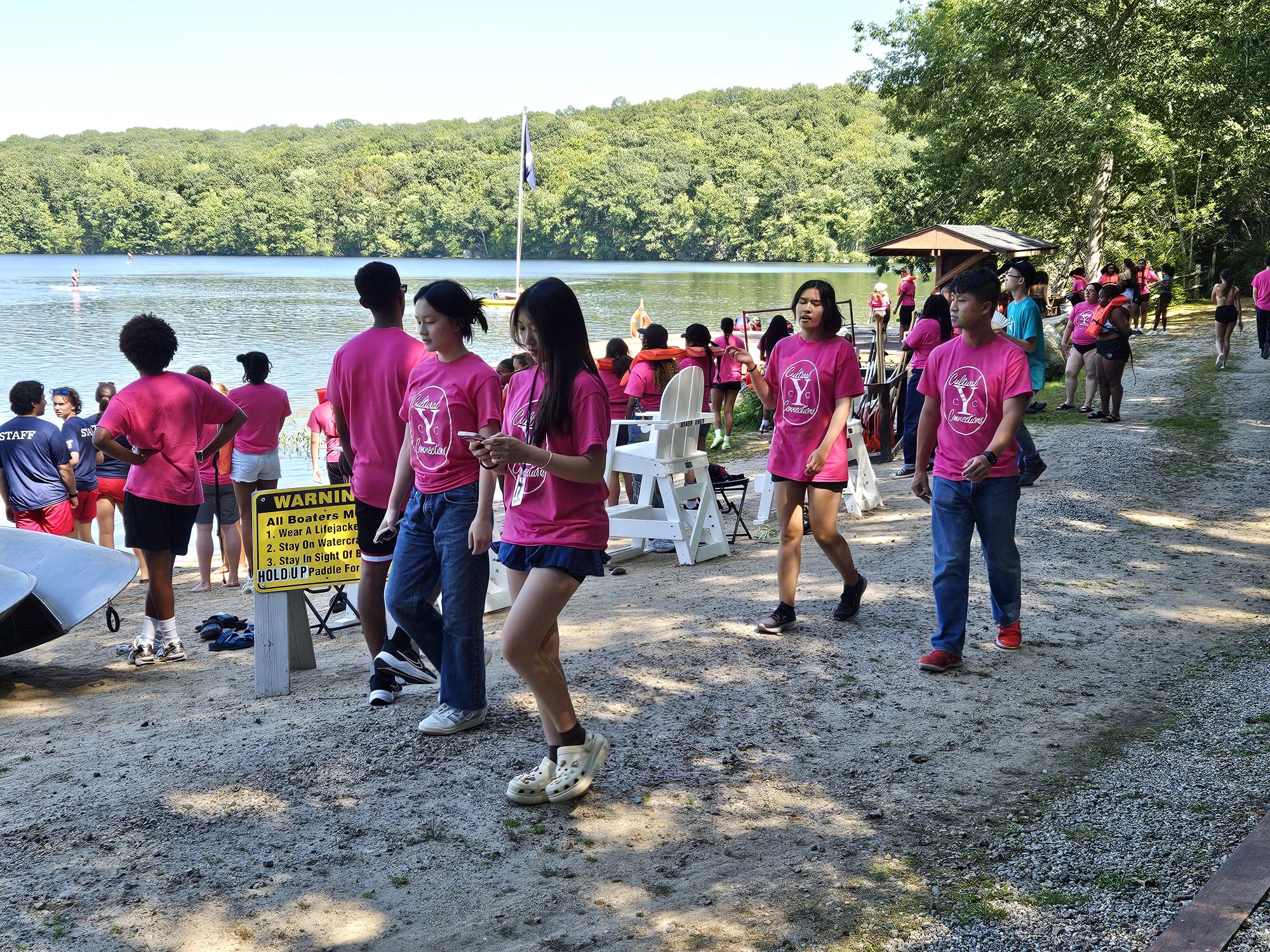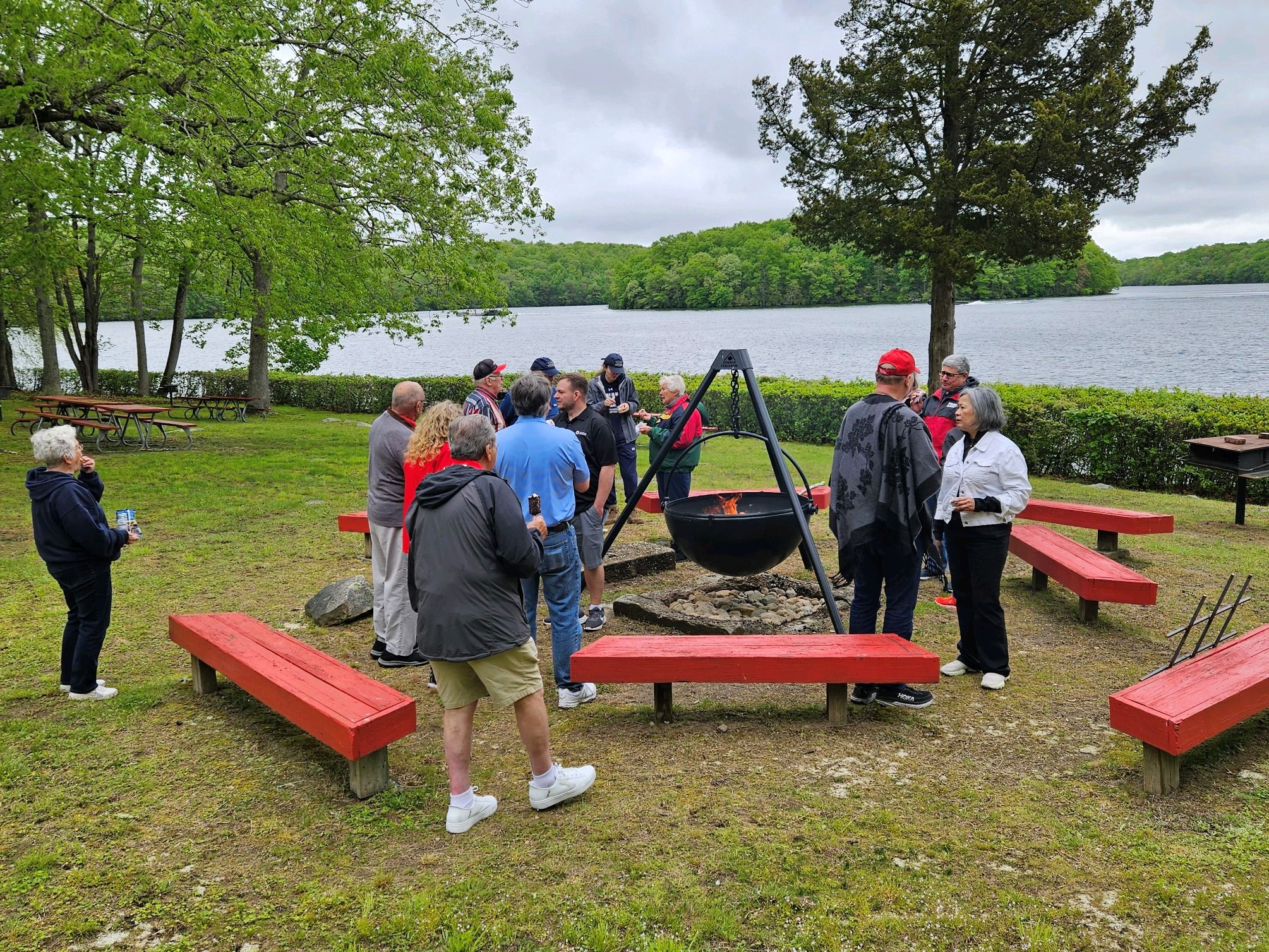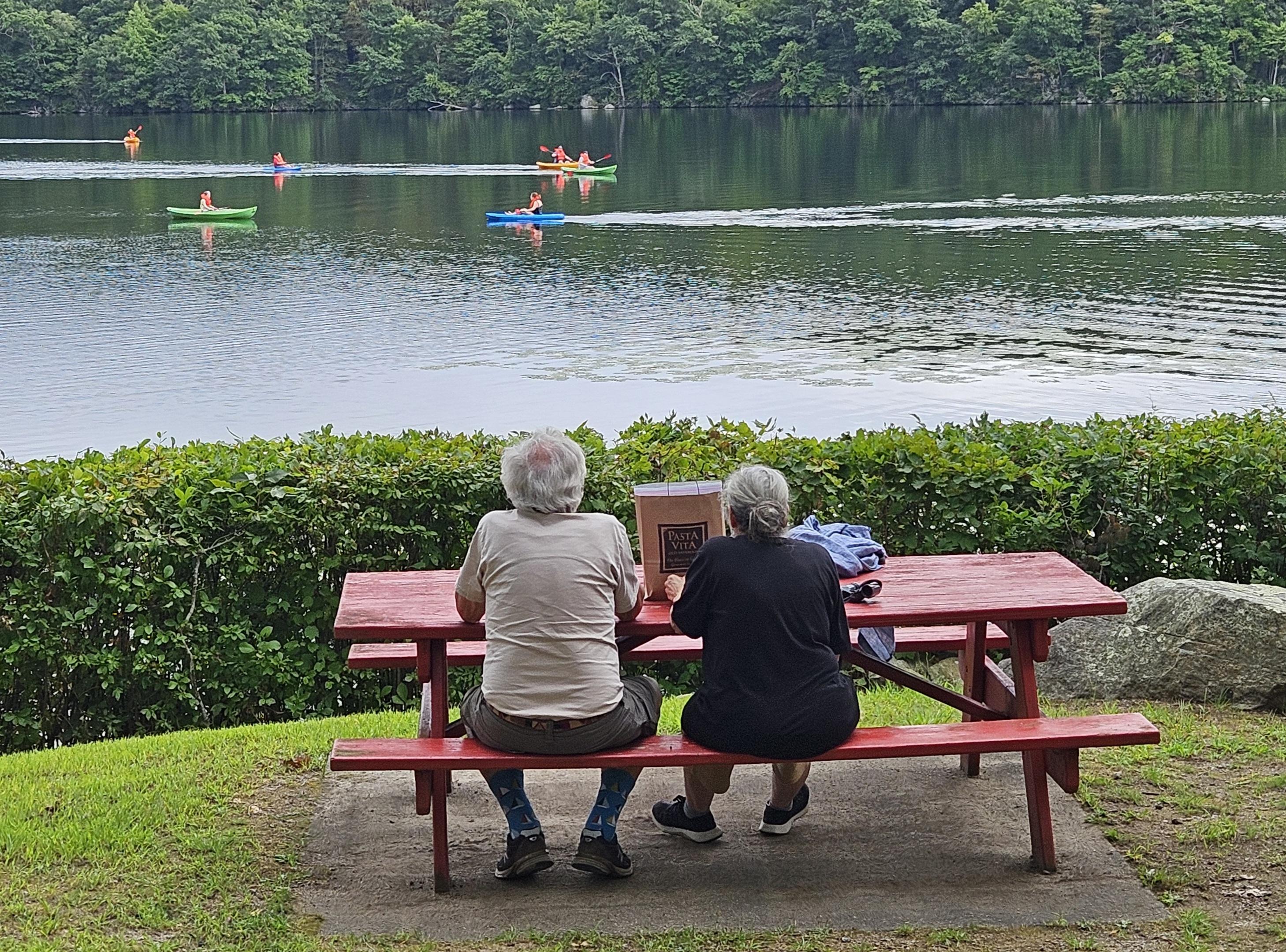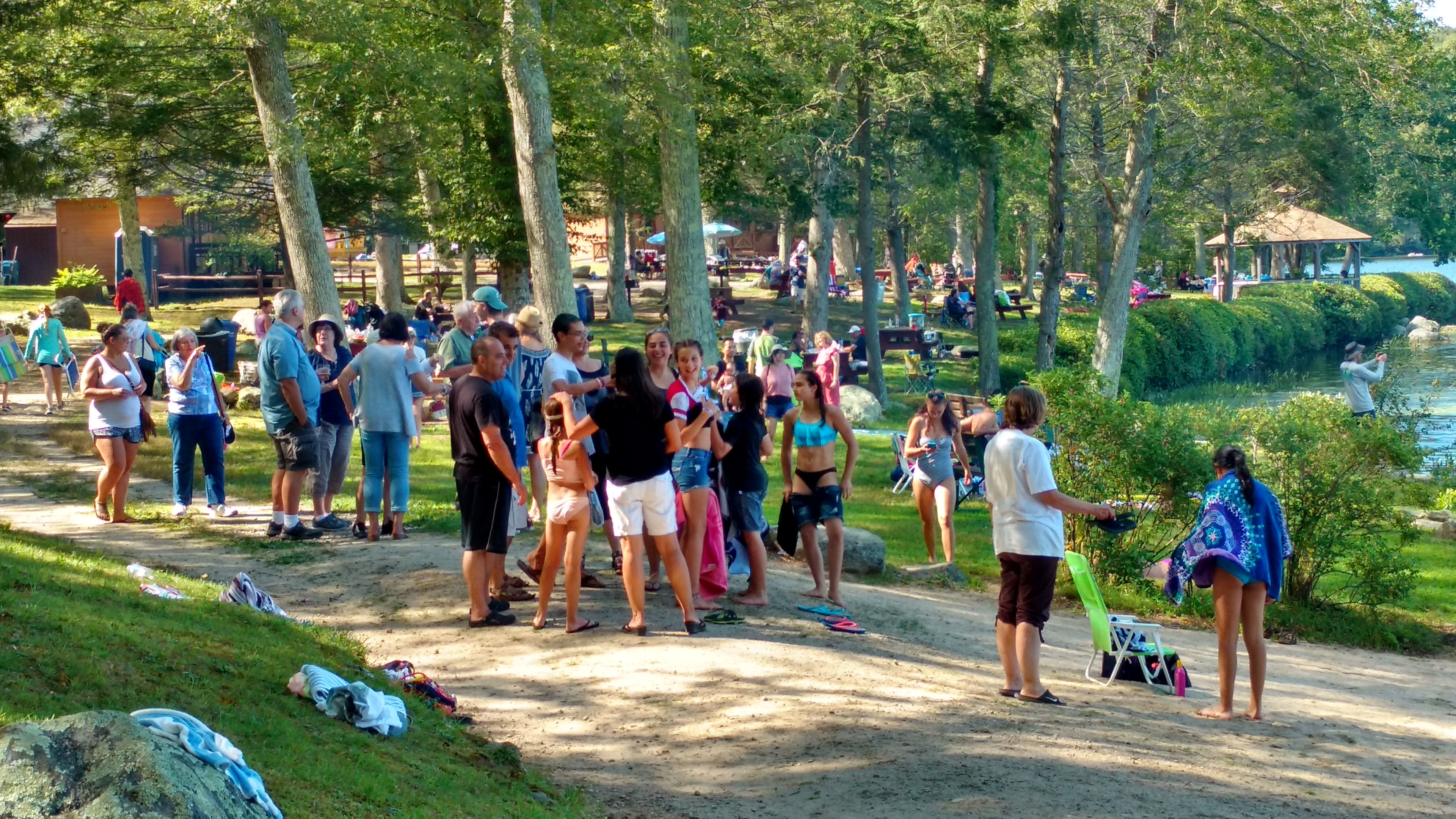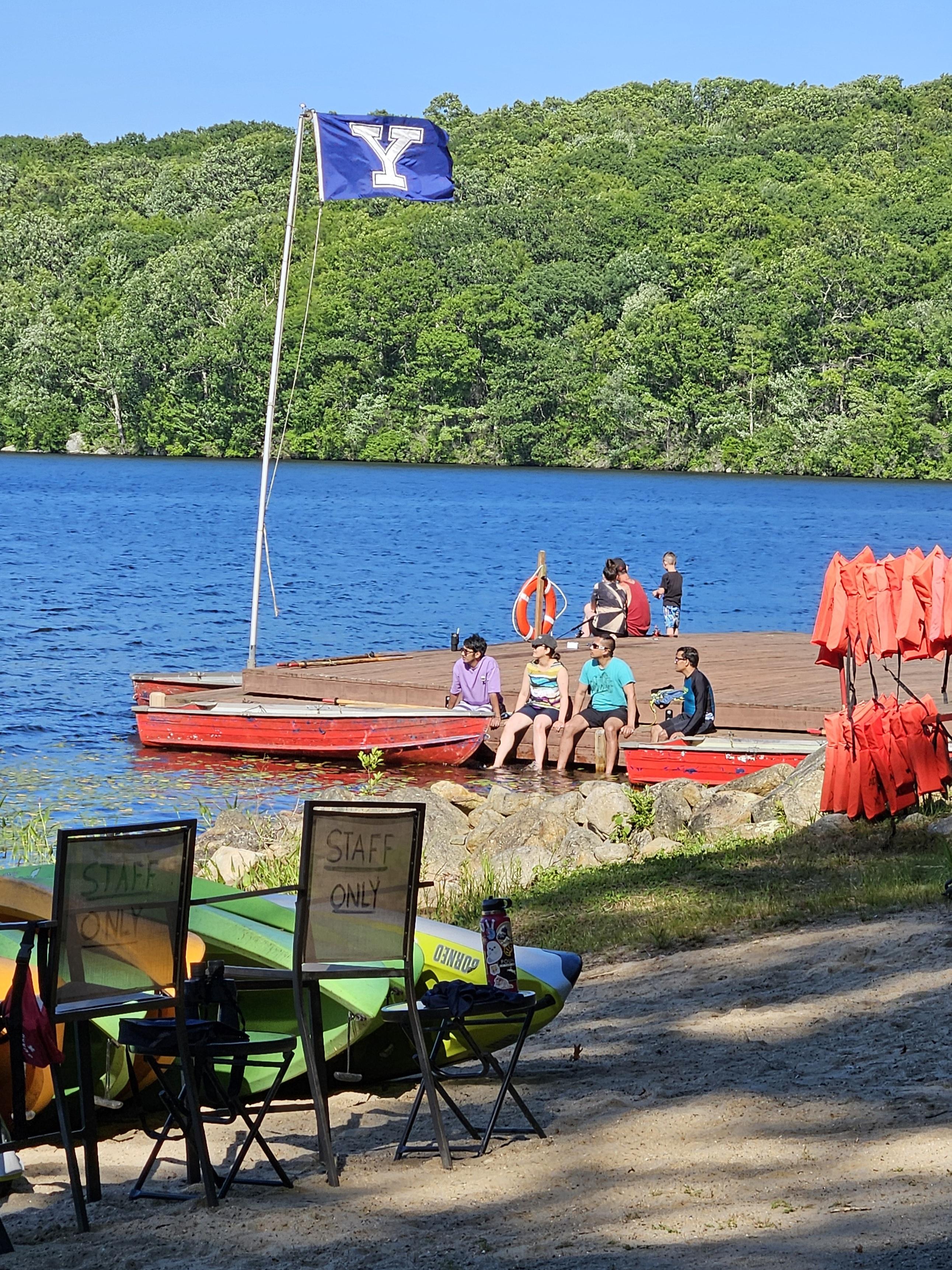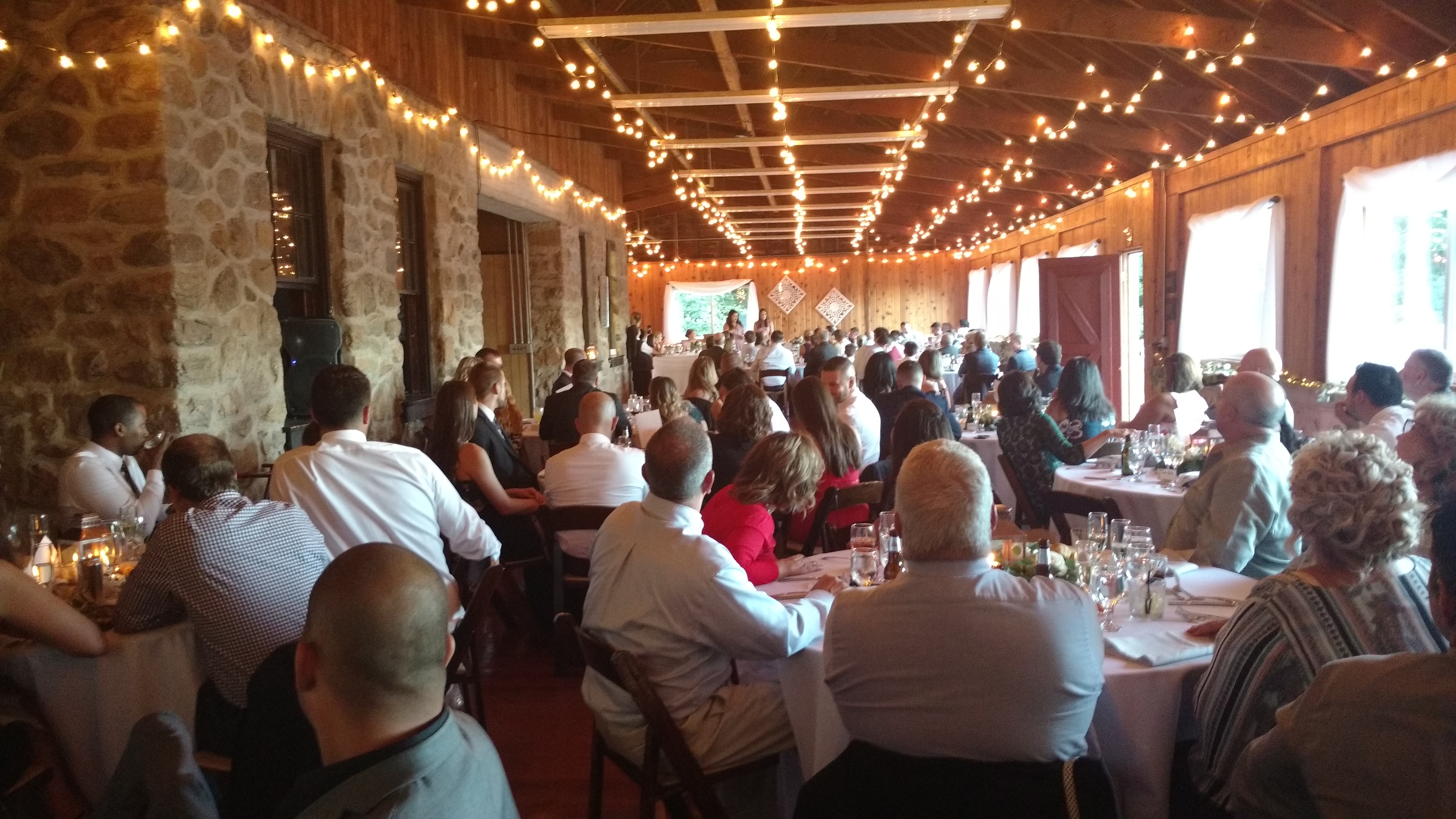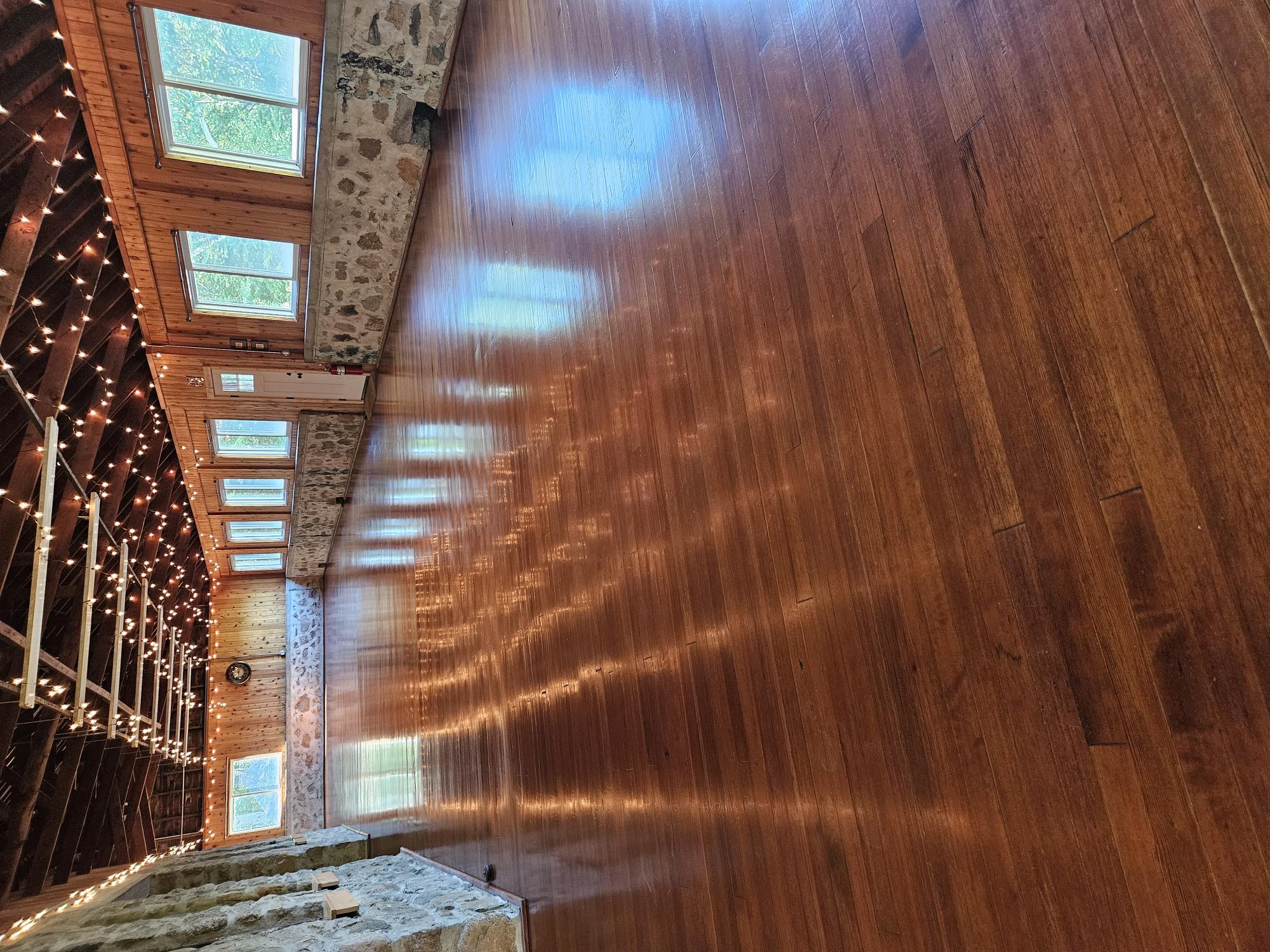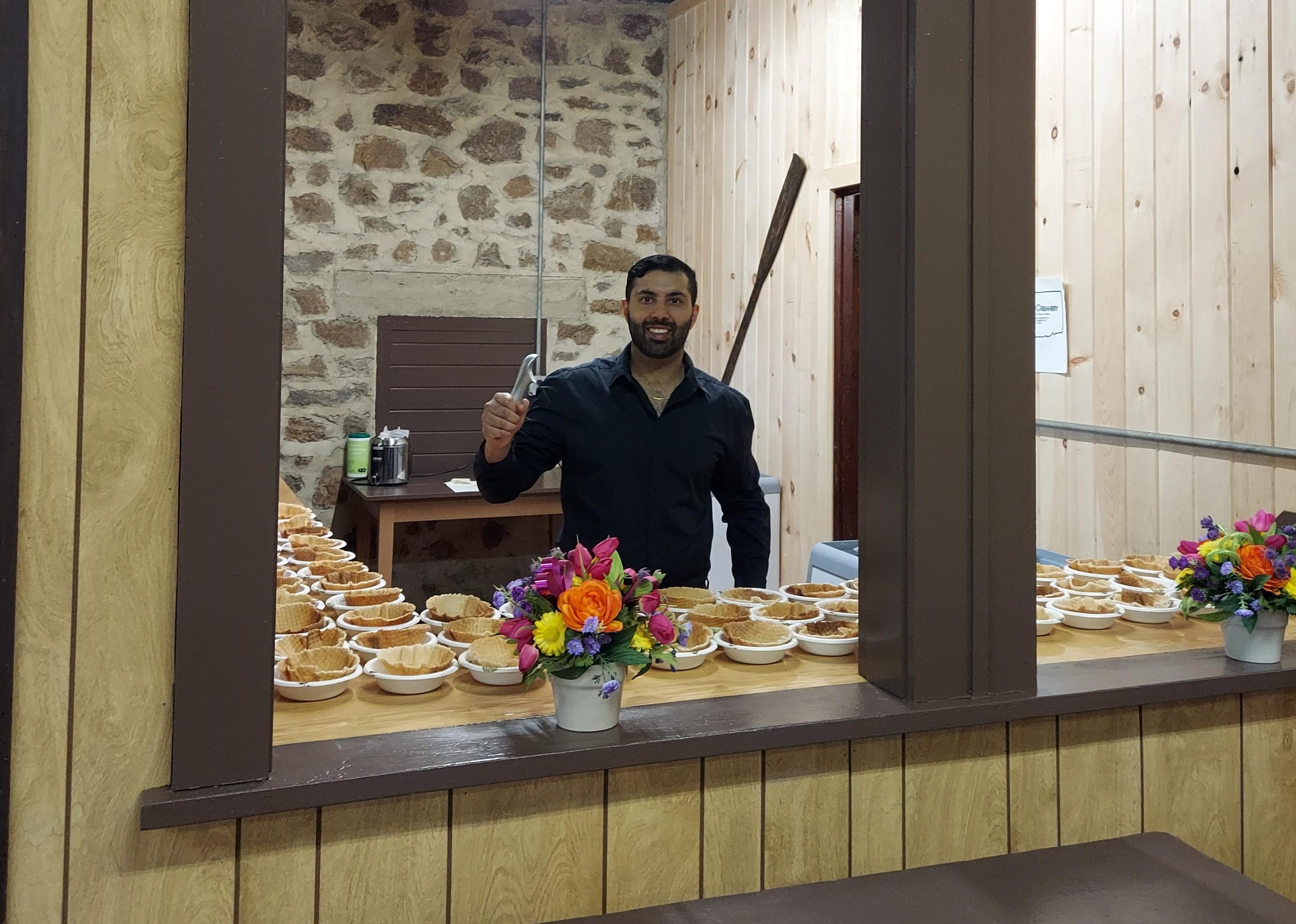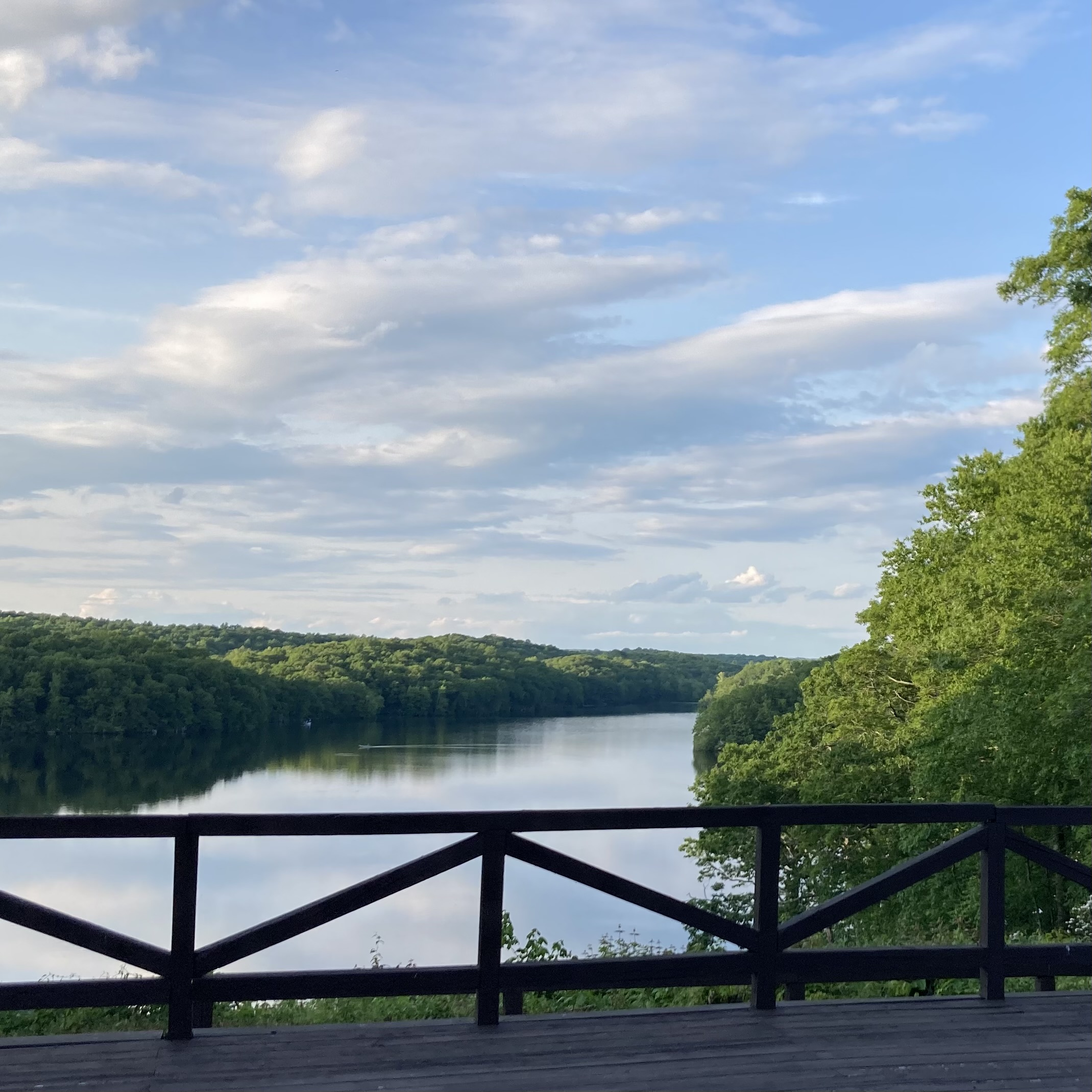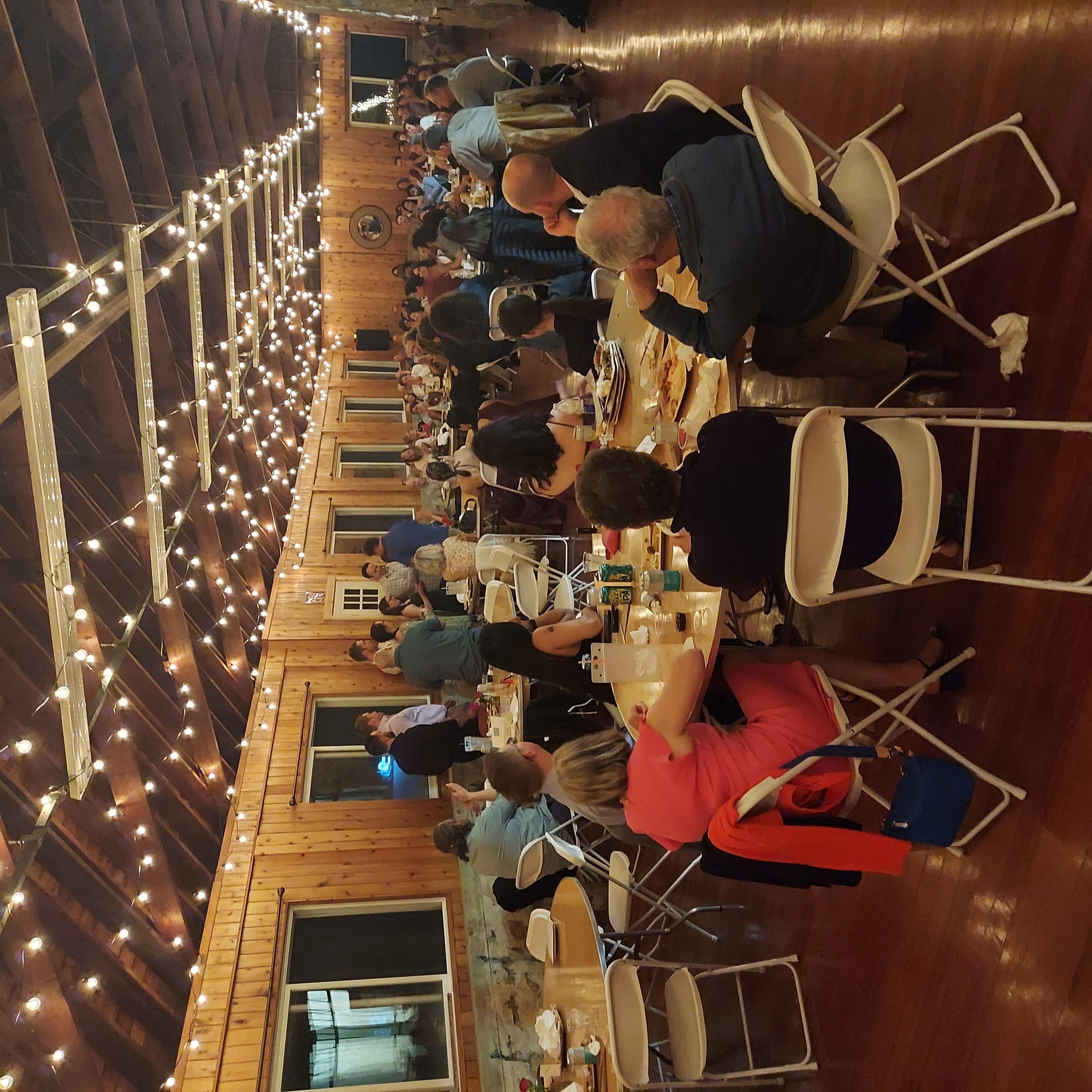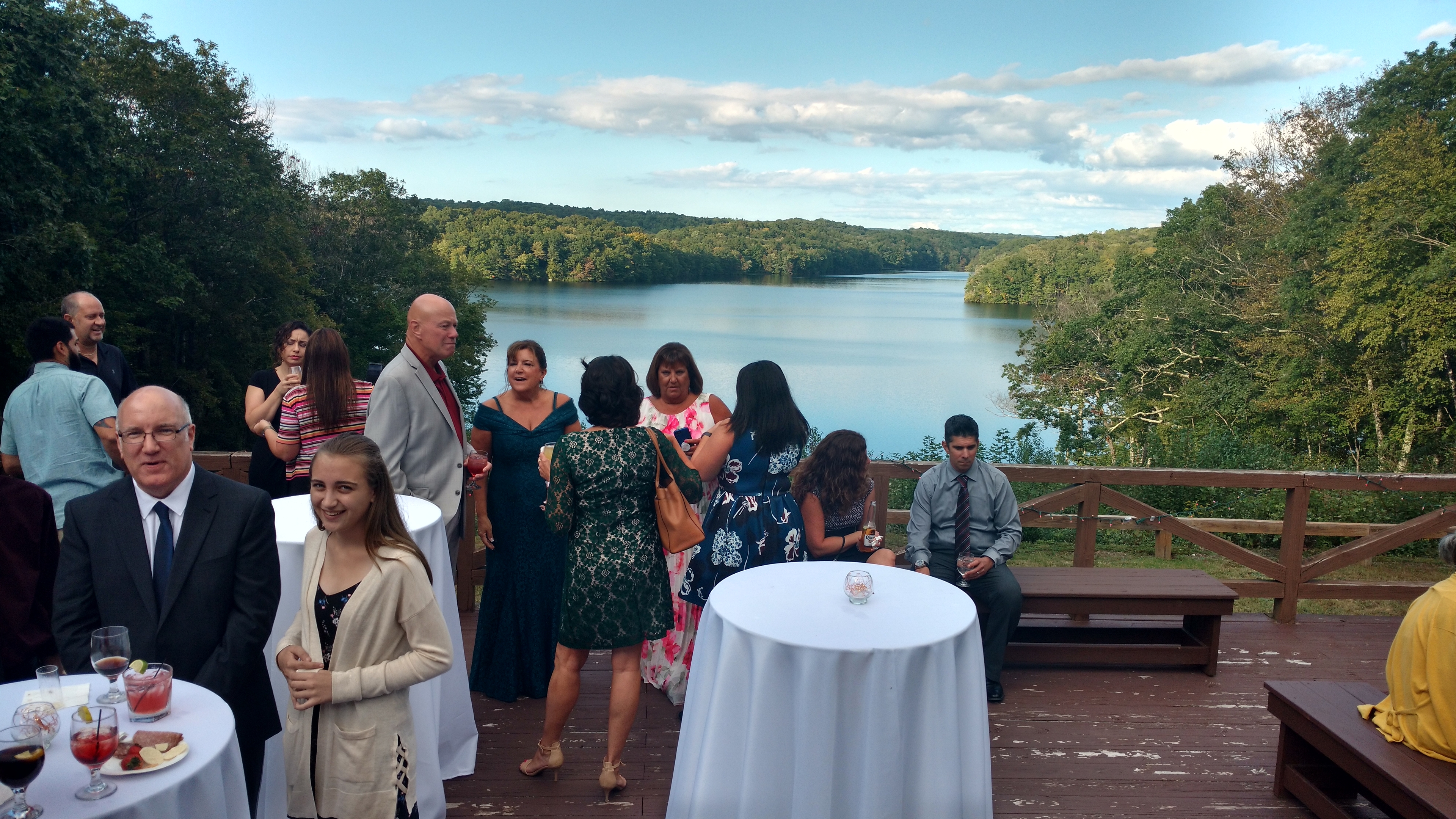Nestled on 1,500 wooded acres along a pristine mile-long lake, the Yale Outdoor Education Center offers a peaceful retreat with a variety of outdoor activities. Located just 42 miles from New Haven and near the charming seaside town of Niantic, the OEC is open to Yale community members and East Lyme residents through membership, day-use, or rentals.
Outdoor Activities & Amenities:
- Lake Fun: Swim from our large H-shaped dock or enjoy kayaking, paddleboarding, rowboating, and fishing—all during supervised waterfront hours.
- Land Activities: Explore scenic hiking trails, play volleyball on a clay court, shoot hoops at the basketball court, or relax at picnic areas with grills.
- Facilities for Groups:
- The Pavilion: An open-air structure with picnic tables, a grill and serving area, and a lakeside deck.
- Dining Hall: Rustic indoor space with panoramic lake views and a large outdoor deck—ideal for private gatherings.
- Lakeside Gazebo: Perfect for smaller groups, featuring a grill and picnic tables.
- Extras: Enjoy sandy and grassy beaches, a Cowboy Cauldron campfire ring, and spring water access at the Pavilion.
Whether you’re looking for adventure, relaxation, or a scenic spot for your next event, the OEC offers a welcoming, nature-filled experience.


